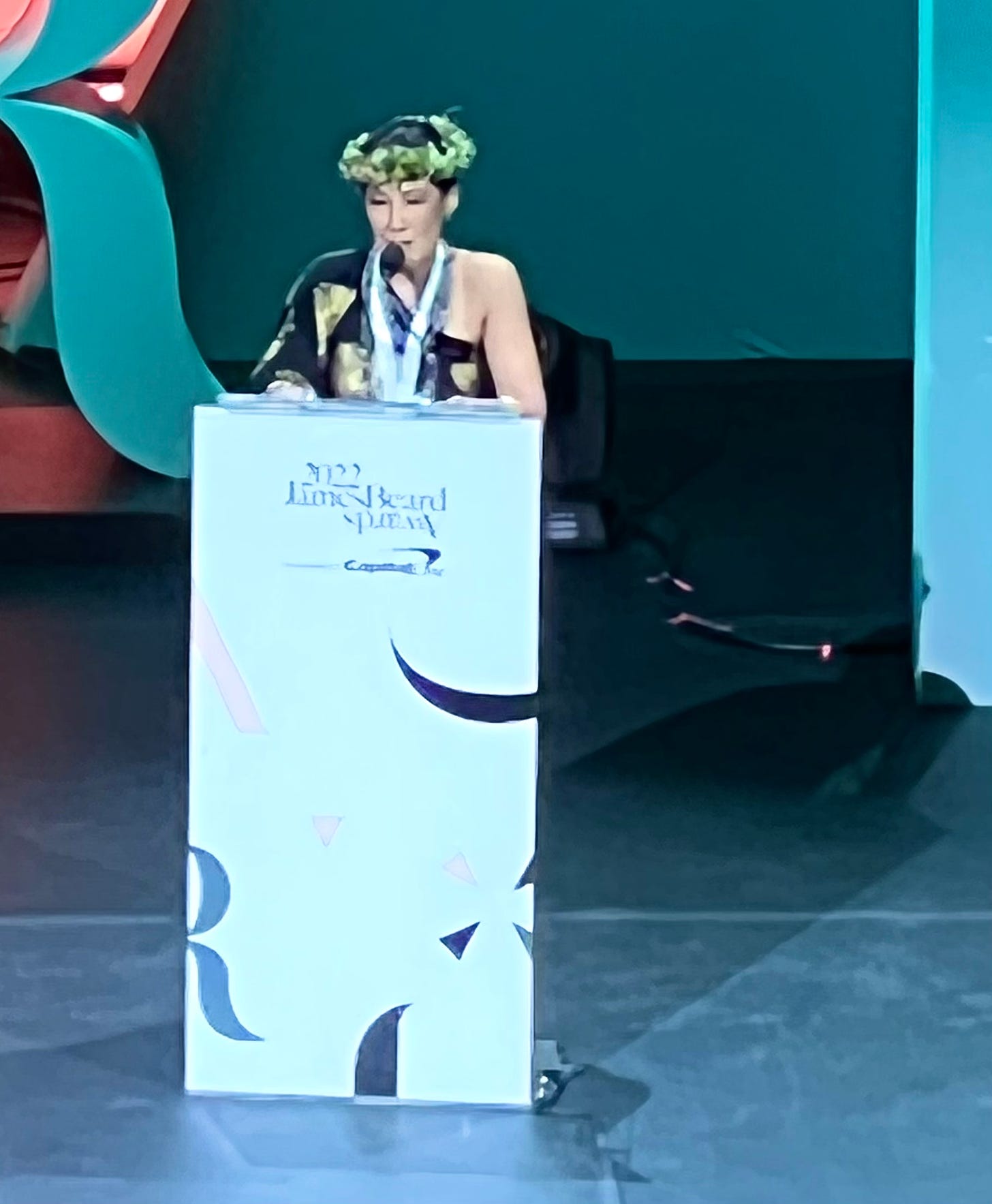Diversity Was Big Winner at James Beard Awards
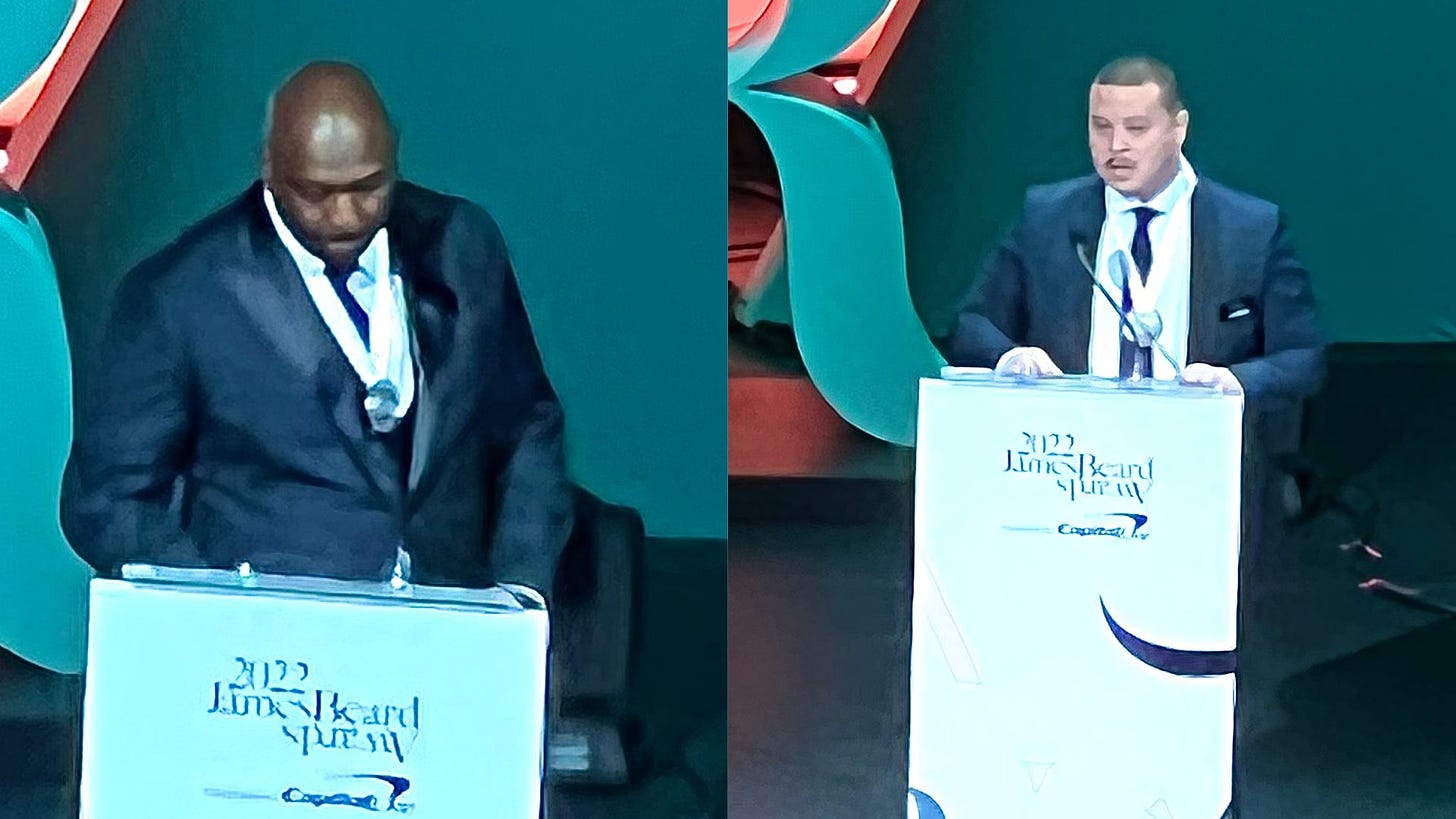
As a local food publication, it would be easy to just highlight our region’s two big winners at last night’s James Beard Foundation (JBF) Awards: Erick Williams, named Best Chef: Great Lakes for his Southern cuisine at Virtue Restaurant and Bar in Chicago’s Hyde Park neighborhood, and Dane Baldwin, honored as Best Chef: Midwest for his classic touches to “approachable American fare” at Milwaukee’s The Diplomat.
But Williams and Baldwin were part of the night’s biggest story: the huge breakthrough for BIPOC chefs and restaurant owners, who took home most of the 2022 medallions.
The first live JBF ceremony since before the pandemic also ended a two-year hiatus in awards, the result of a controversy over under-representation of Black culinary artists that prompted the nonprofit organization to audit and overhaul its nomination and voting processes with the goal of “transparent, accessible, and equitable awards.”
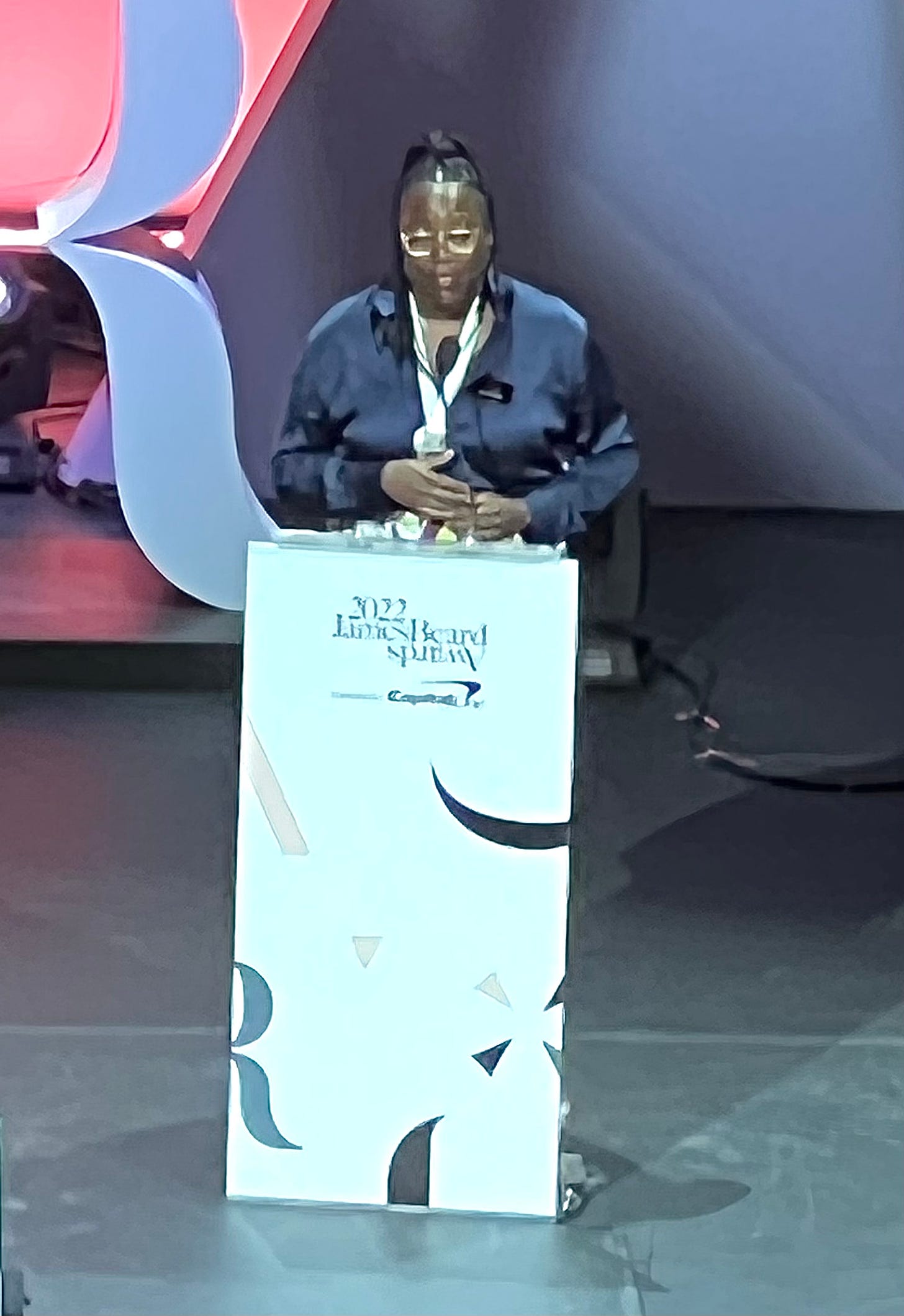
That goal was met last night, and then some. Four Black culinary artists were on-stage to give acceptance speeches: Williams; Baldwin; Mashama Bailey of The Grey in Savannah, Georgia, the night’s big winner as the nation’s Outstanding Chef; and Ricky Moore of SALTBOX Seafood Joint in Durham, North Carolina, winner of the Best Chef: Southeast Award.
The rest of the evening was a celebration of the diversity of the nation’s culinary community and the foundational impact that immigrants from around the world have and have had on how we eat in the United States of America.
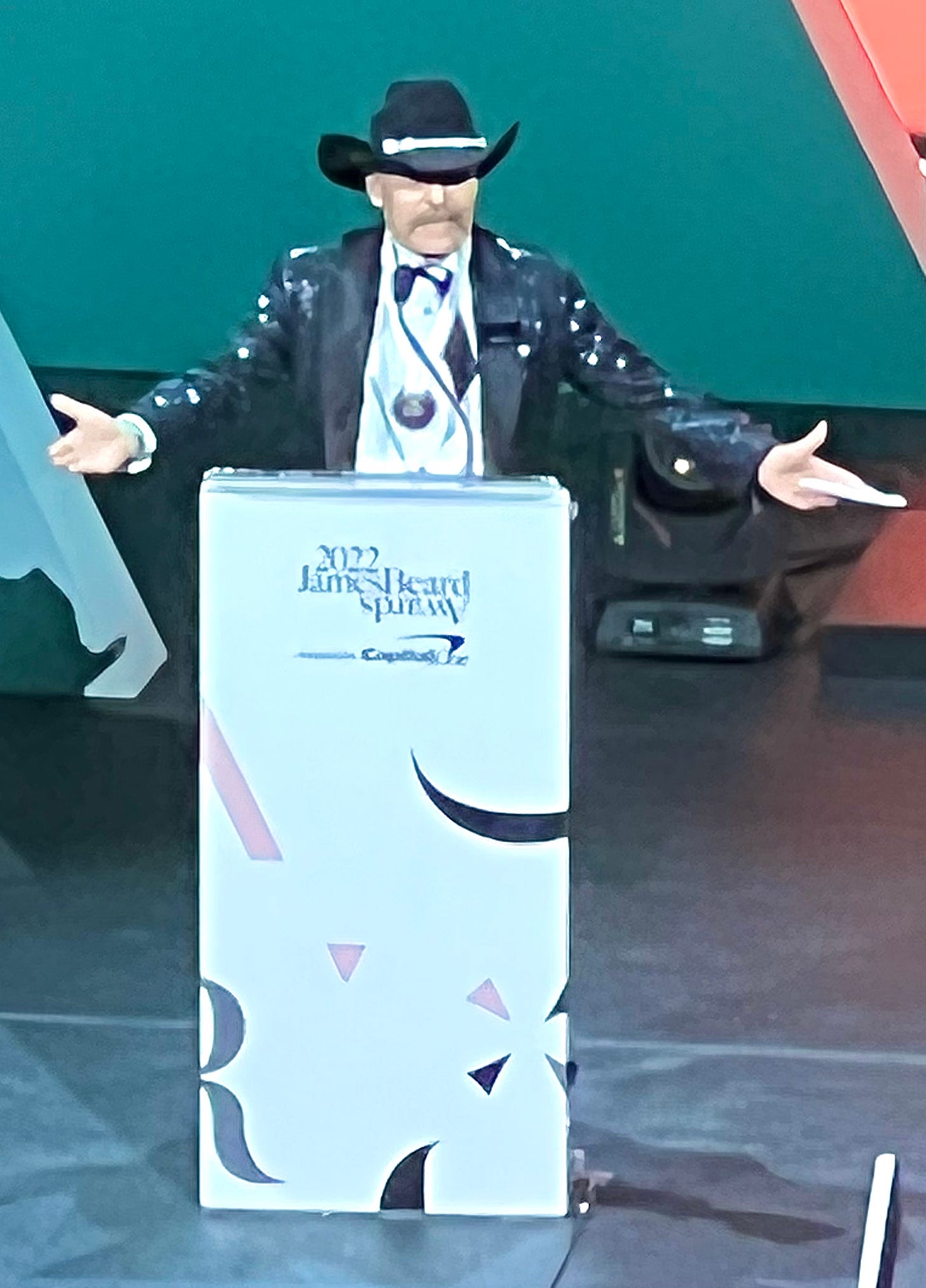
Hispanic/Latino: Cristina Martinez of Philadelphia’s South Philly Barbacoa, winner of Best Chef: Mid-Atlantic, spoke entirely in Spanish during her acceptance speech. Other Hispanic/Latino winners include Edgar Rico of Nixta Taqueria in Austin, Texas (Emerging Chef); Don Guerra of Barrio Bread in Tucson, Arizona (Outstanding Baker); Fernando Olea of Sazón in Santa Fe, New Mexico (Best Chef: Southwest); Iliana de la Vega of El Naranjo in Austin (Best Che:f Texas); and Alba Huerta, owner of Houston’s Julep, winner of the Outstanding Bar Program Award.
Asian and Pacific Islander: It was a big night for Indian cuisine, with Chai Pani of Asheville, North Carolina taking the Outstanding Restauarnt Award and Chintan Pandya of New York City’s Dhamaka winning as Best Chef: New York State. Other awardees include Brandon Jew of San Francisco’s Mister Jiu’s (Best Chef: California); Nisachon Morgan of Saap, an Isan Thai restaurant in Randolph, Vermont (Best Chef: Northeast); and Robynne Maii of Fête in Honolulu (Best Chef: Northwest and Pacific).
In addition, Asian-Americans received both of the evening’s honorary awards: Grace Young was honored as Humanitarian of the Year for her advocacy of the nation’s Chinatowns, hit by devastating economic losses and anti-Asian hate crimes during the pandemic; and Martin Yan, who received a Lifetime Achievement Award for helping spur interest in Asian cuisine with his long-running “Yan Can Cook” TV show.
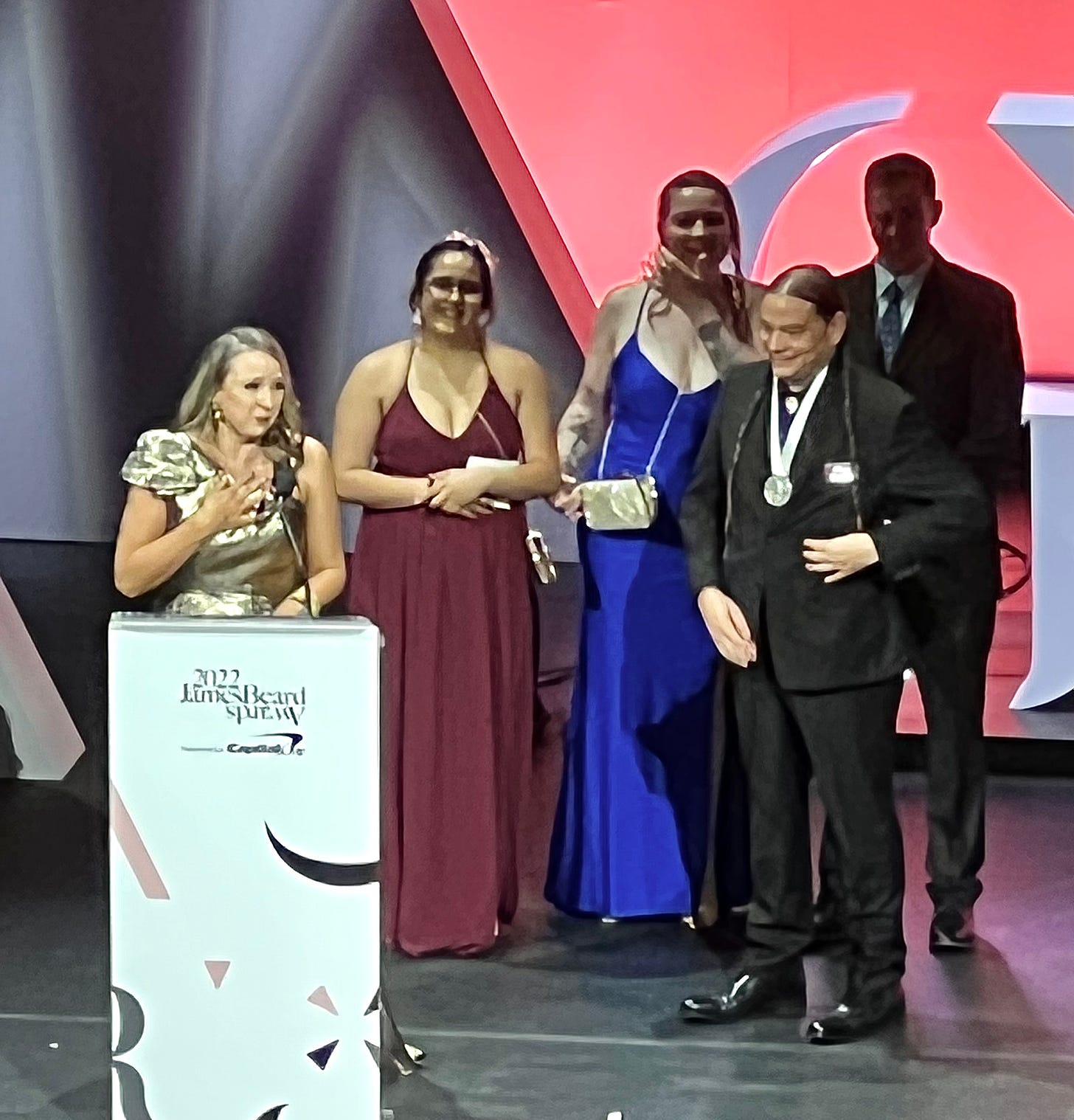
Indigenous Americans: The Best New Restaurant Award was presented to Owamni, the Minneapolis restaurant created by the married couple of Sean Sherman — who has gained fame as The Sioux Chef — and Dana Thompson.
Sherman made the evening’s strongest statement, noting that the restaurant uses the hashtag “#86colonalism” and stating, “A lot of us, people of color everywhere, have gone through centuries of colonial bullshit, but we’re still here. We’re putting culture on the table; we’re putting our stories on the table.” He added, “White supremacy doesn’t like to be dismantled, but we can do it together,” and urged other cities across the nation — including Chicago — to provide more support for Indigenous cuisine.
North African: Warda Bouguettaya of Warda Pâtisserie of Detroit — an immigrant from Algeria — received the Outstanding Pastry Chef Award.

Weaved into this list is the year’s strong representation of women awardees. Joining Bailey, Martinez, de la Vega, Huerta, Morgan, Maii, Young, Thompson and Bouguettaya were Katie Button, who won the Outstanding Hospitality Award with husband Felix Meana (an immigrant from Spain) for their Cúrate in Asheville, and Caroline Glover of Annette in Aurora, Colorado, winner of the Best Chef: Mountain Award.
The James Beard Foundation voters also reached farther and wider beyond the country’s best-known culinary capitals that have typically dominated the awards. Asheville, a city of fewer than 100,000 residents in North Carolina’s western mountains, burnished its reputation as a culinary destination with its two awards. Tiny Randolph, Vermont, home to Morgan and her Saap restaurant, has fewer than 5,000 residents.
This is why I decline to describe Williams as Chicago’s “only” James Beard Award winner this year. Other major restaurant cities — including Los Angeles, Atlanta, Washington and Boston, to name a few — received no medal at all, and this is hardly a statement that their culinary communities had a bad year..
Chicago had a total of nine finalists, more than any other city. So one final shoutout for this year’s award cycle to Jason Vincent, Outstanding Chef finalist for Giant; Parachute, a finalist for Outstanding Restaurant; Kasama, a finalist for Best New Restaurant; Maya-Camille Broussard, a finalist for Outstanding Baker for her Justice of the Pies; Nobody’s Darling, a finalist for Outstanding Bar Program; and Jason Hammel of Lula Cafe, Noah Sandoval of Oriole, and John Shields and Karen Urie Shields of Smyth, who were finalists along with Williams for Best Chef: Great Lakes.
And Chicago has been home to the James Beard Foundation Awards since 2015 and will continue to host at least through 2027.
Follow Local Food Forum on Facebook, LinkedIn and Instagram




